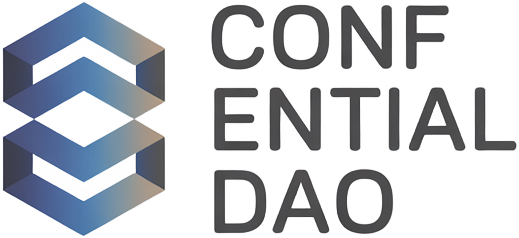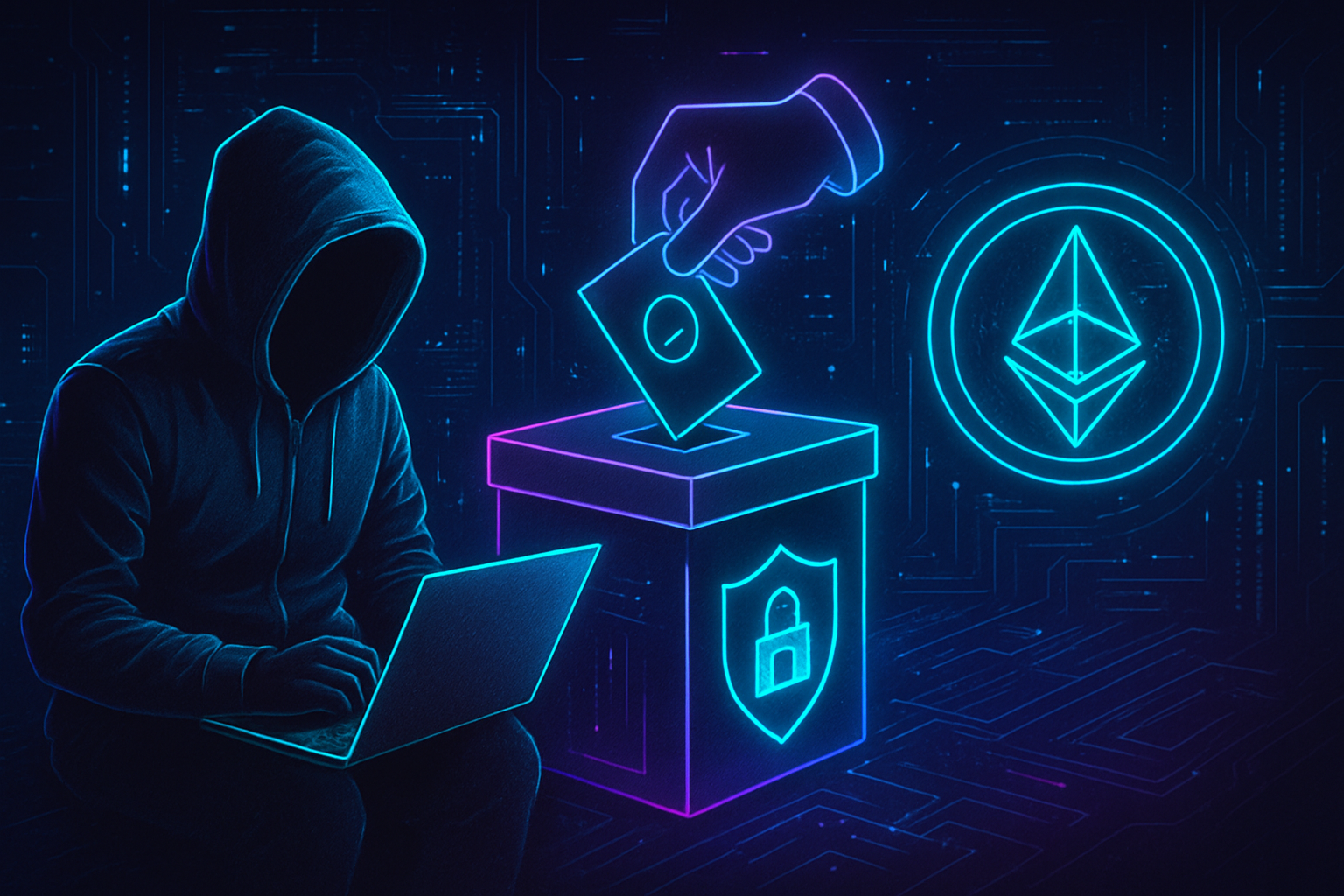
In the rapidly evolving world of decentralized autonomous organizations (DAOs), the promise of open, community-driven governance is often undermined by a subtle but persistent threat: the lack of privacy in voting. As DAOs scale and manage increasingly valuable treasuries, transparent voting can inadvertently foster herd mentality, discourage participation, and even enable manipulation. The solution? Confidential voting for DAOs, a transformative approach that uses advanced cryptography to ensure that each member’s voice is both private and impactful.
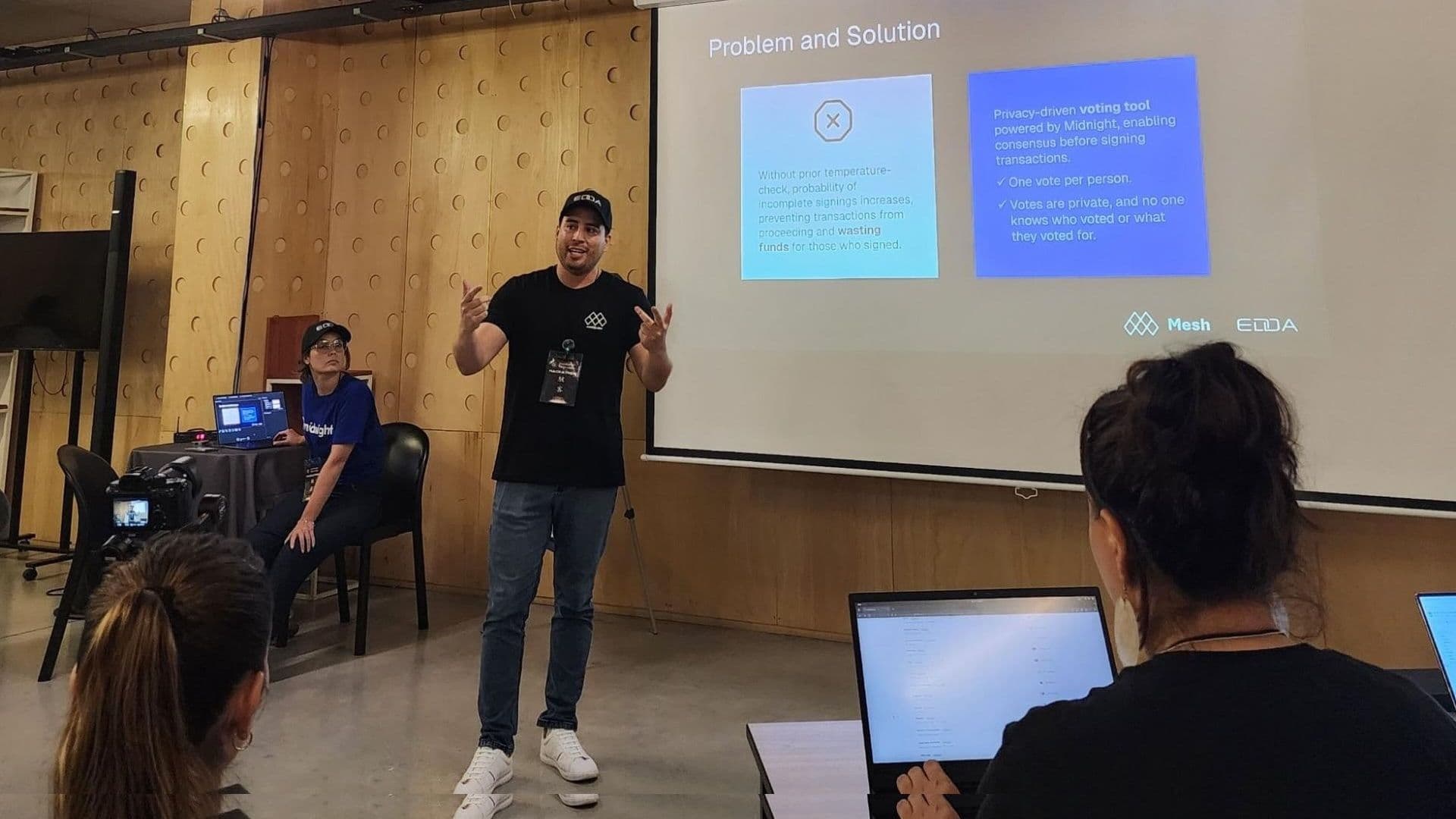
Why Privacy Matters in DAO Decision Making
Public on-chain voting has long been considered a hallmark of blockchain transparency. However, recent research and high-profile governance incidents have revealed its limitations. When votes are visible in real-time, members may be swayed by majority trends rather than their own convictions, a phenomenon known as herd mentality. This not only skews outcomes but can also deter minority voices from participating at all.
Confidential voting addresses these vulnerabilities head-on. By encrypting individual votes until the conclusion of the poll, DAOs can:
Key Benefits of Confidential DAO Voting
-
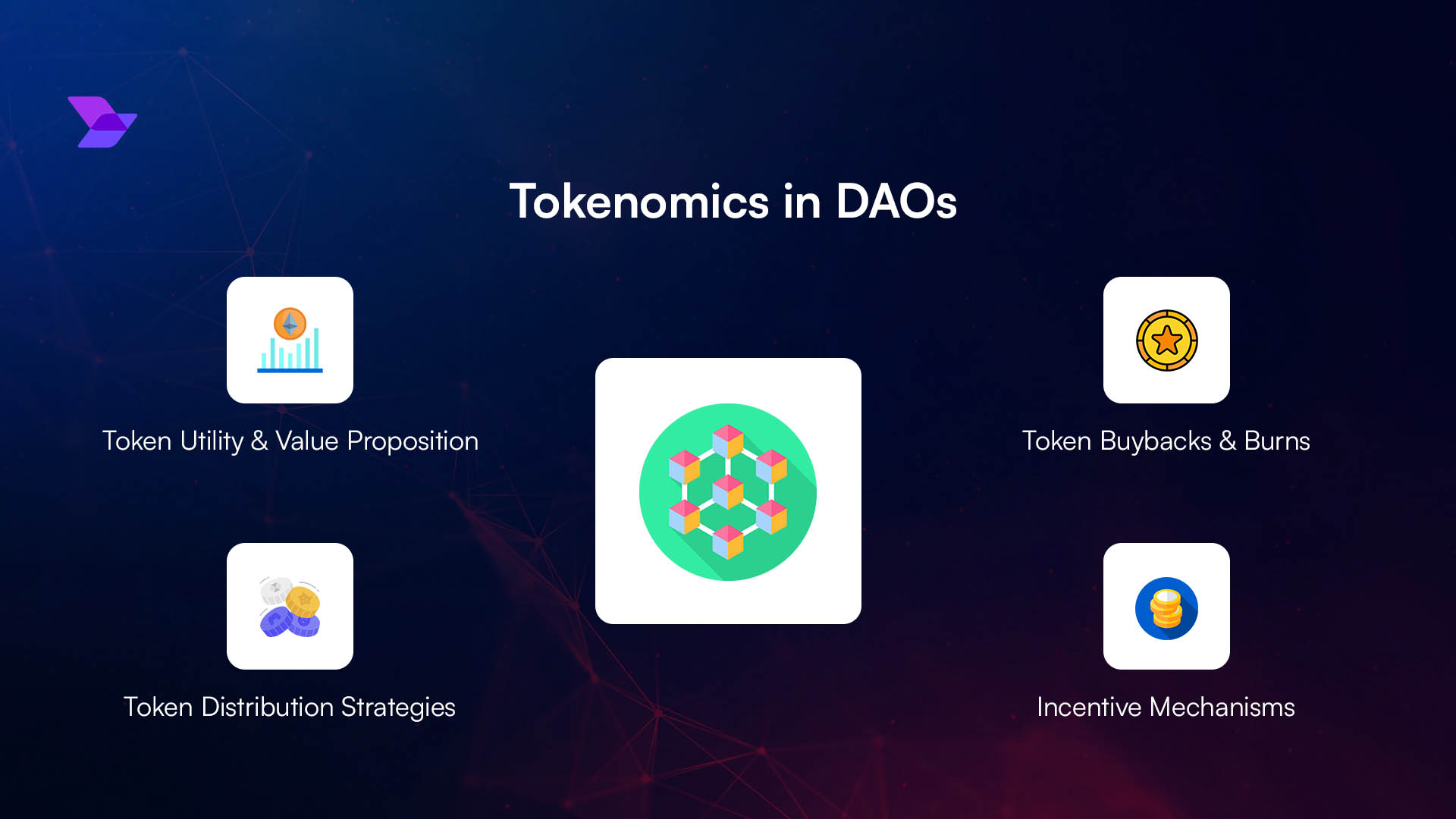
Promotes Independent Decision-Making: By keeping votes private until the poll concludes, confidential voting prevents herd mentality and ensures members make choices based on their genuine beliefs rather than popular trends. (Source: Shutter Network)
-

Encourages Higher Voter Participation: Shielded voting systems reduce voter apathy by assuring members that every vote counts, regardless of early voting trends. This leads to more inclusive and representative governance. (Source: Shutter Network)
-
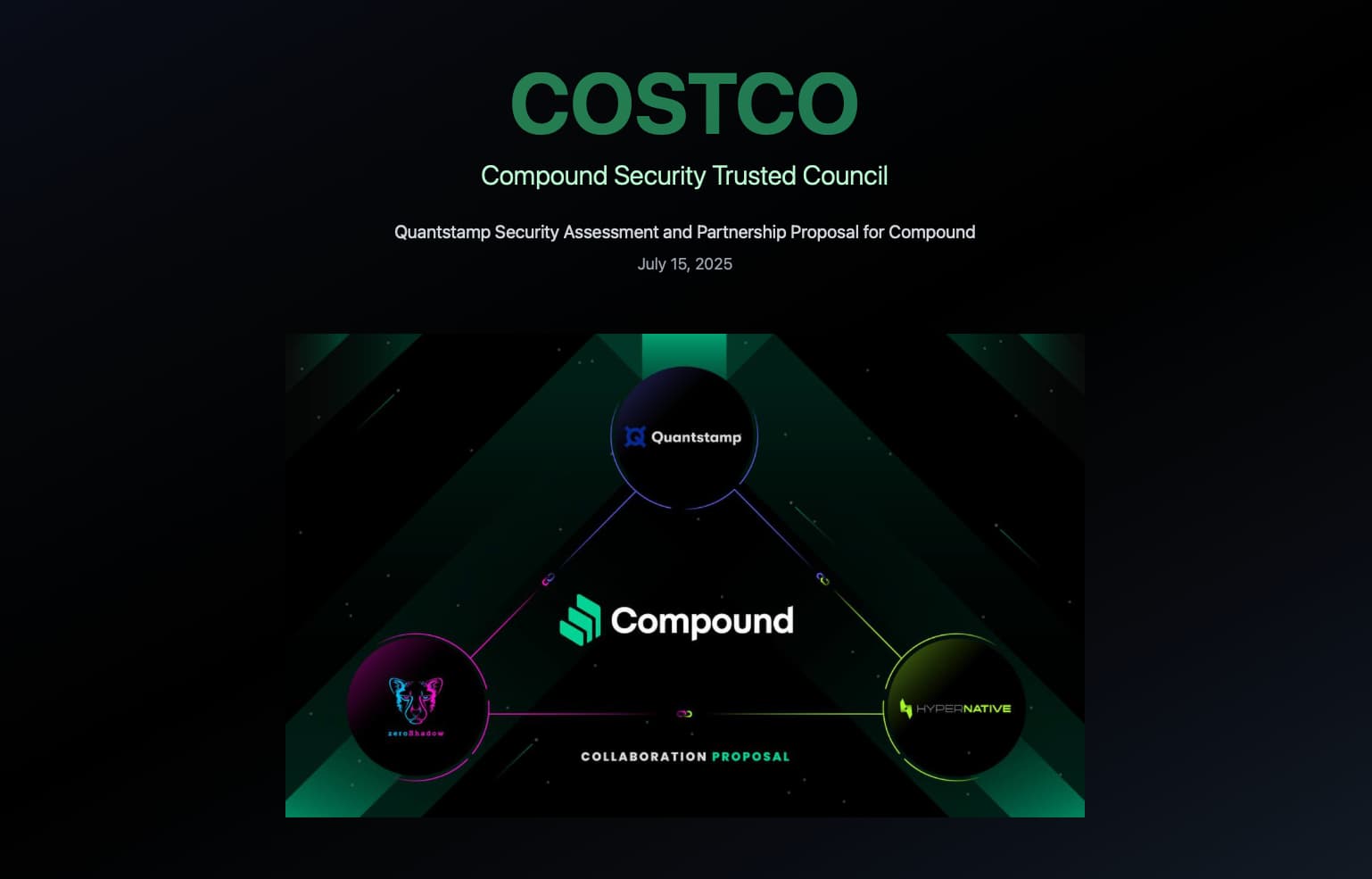
Prevents Last-Minute Vote Manipulation: Confidential voting eliminates the tactic of large stakeholders casting decisive votes at the last moment, fostering a fairer and less predictable outcome. (Source: Shutter Network)
-
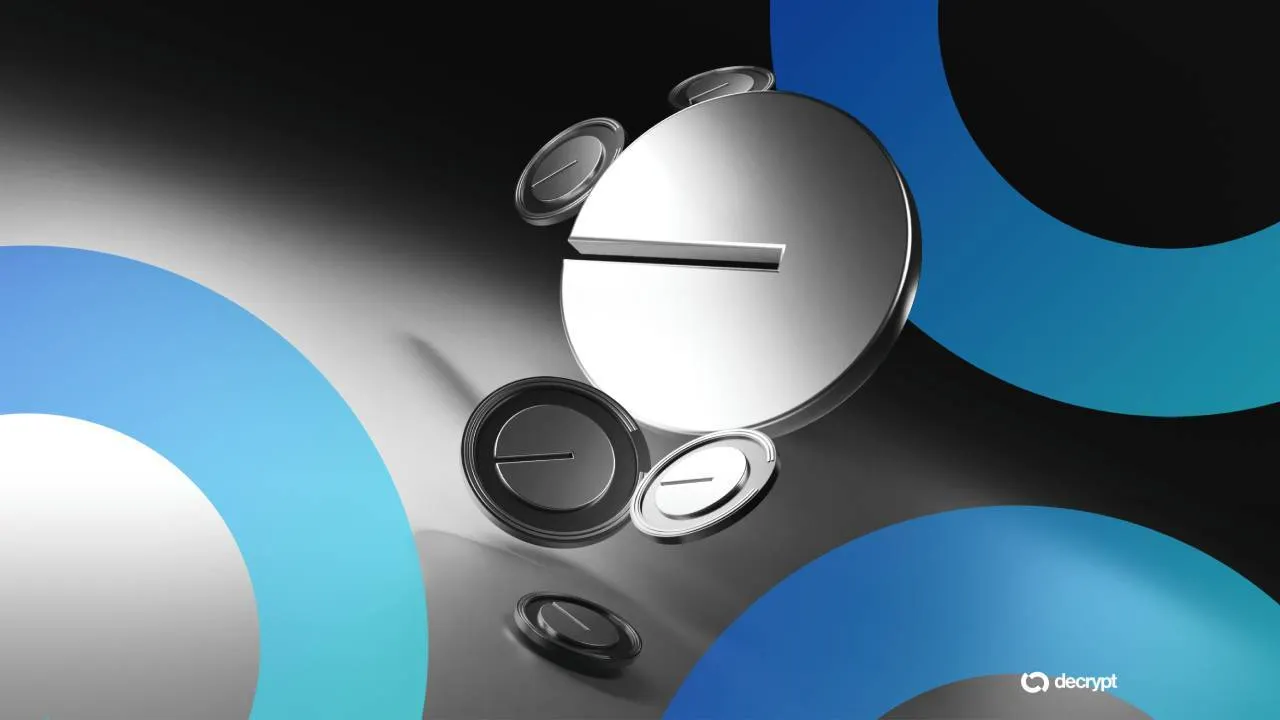
Enhances Privacy and Security: Technologies like Shutter Governance and Kite protocol use encryption and private delegation to protect vote confidentiality, reducing the risk of coercion or retaliation.
-
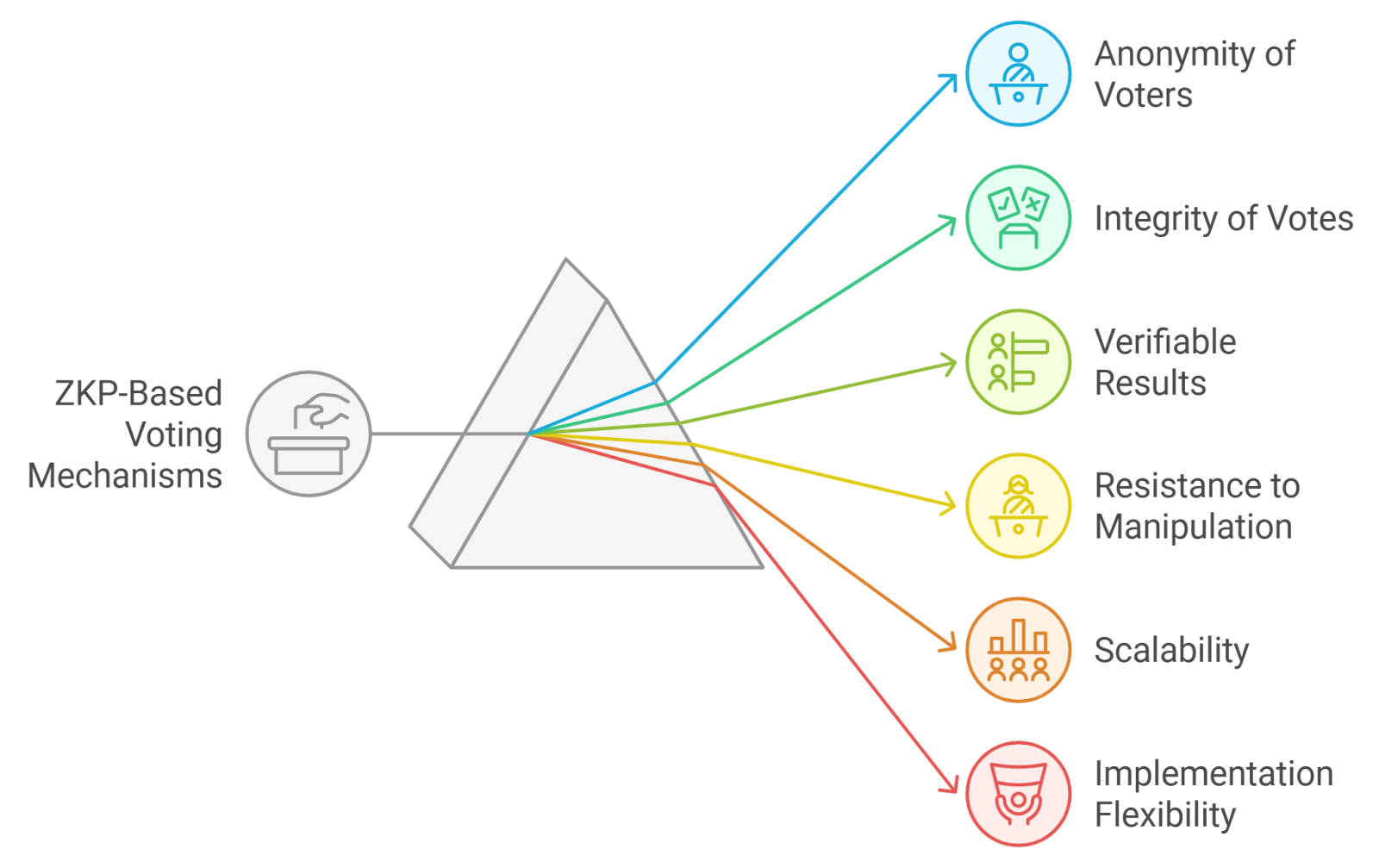
Restores Trust in DAO Governance: By ensuring votes are both private and verifiable, confidential voting mechanisms help rebuild confidence in decentralized decision-making processes. (Source: Shutter Blog)
This isn’t just theoretical. Platforms like Shutter Governance and Aztec Network are already pioneering shielded voting solutions, while protocols such as Kite are exploring private delegation mechanisms to further enhance privacy without sacrificing verifiability.
The Technology Behind Verifiable DAO Voting
How does confidential voting actually work? At its core are cryptographic techniques such as homomorphic encryption and zero-knowledge proofs (zk-SNARKs). These allow votes to be cast and tallied without ever revealing individual selections or token holdings during the process.
For example, Zama’s implementation leverages homomorphic encryption to keep both vote choices and token quantities secret until decryption. Meanwhile, solutions like S2DV use Groth16 zk-SNARKs combined with ElGamal encryption to deliver scalable and secure DAO polling, delegating heavy computation off-chain while maintaining full trustlessness.
The result is a system where every participant can verify that their vote was counted correctly, yet no one, including large stakeholders or external observers, can see how any individual voted until after results are finalized. This level of privacy is crucial for restoring confidence in private DAO governance, especially as concerns about manipulation have grown in parallel with declining voter turnout (see Shutter Blog).
Real-World Impact: Restoring Trust and Participation
The effects of implementing confidential voting reach beyond technical security, they fundamentally reshape community dynamics within DAOs. Shielded ballots encourage independent thinking by eliminating social pressure to conform to popular opinions or influential whales. They also prevent last-minute vote swings orchestrated by large holders waiting to see which way the wind blows before casting decisive ballots.
“Private voting prevents corruption, enables more honest participation, and unlocks the full potential of decentralized governance. ”
– pse. dev
This shift not only levels the playing field but also leads to more representative outcomes, ensuring that privacy in DAO decision making becomes synonymous with fairness and legitimacy.
As more DAOs integrate cryptographic voting, the community is witnessing a renewed sense of empowerment. Projects like NounsDAO and SupraPoll are demonstrating that it’s possible to combine privacy with transparency, where votes are shielded during the process but outcomes remain fully auditable and verifiable.
These advances are not just technical milestones. They represent a cultural evolution in decentralized governance, where members can participate without fear of retaliation or social bias. By safeguarding anonymity until the close of voting, DAOs can foster genuine debate and innovation, especially on contentious or high-stakes proposals.
Adoption Trends and Future Outlook
The momentum behind confidential voting for DAOs is accelerating. Integration with popular platforms like Snapshot, via Shutter’s shielded voting API, makes privacy-enhanced decision making accessible to a wide range of communities without sacrificing usability or auditability. Meanwhile, research into private delegation (such as Kite protocol) opens new possibilities for scalable, trust-minimized governance where even delegated votes remain confidential until tallying.
Real-World DAOs Strengthened by Confidential Voting
-

NounsDAO implemented private voting using Aztec Network and Shutter technologies. This upgrade enabled members to cast votes anonymously, reducing herd mentality and empowering more independent, honest participation in governance decisions.
-

Decent DAO adopted Shutter Shielded Voting to restore trust in its governance. By encrypting votes until the voting period ended, Decent DAO prevented last-minute vote manipulation and encouraged members to vote based on conviction rather than visible trends.
-
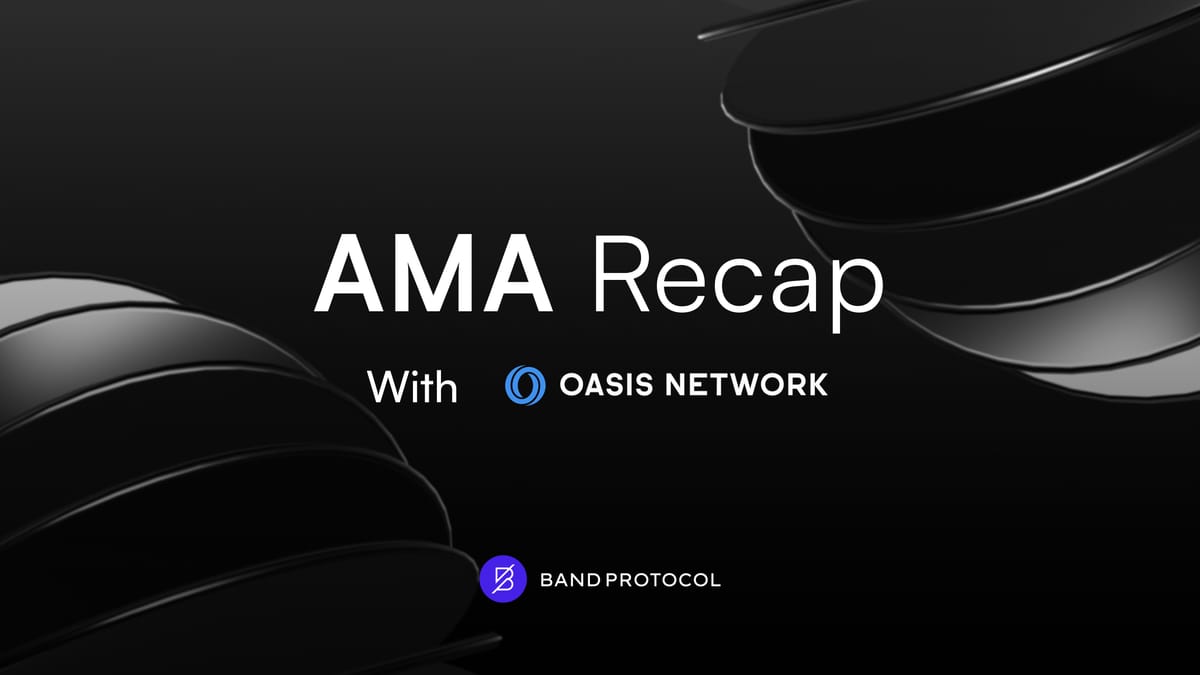
Oasis Protocol integrated confidential voting through Trusted Execution Environments (TEEs), ensuring that both token quantities and individual votes remained secret. This privacy-focused approach addressed voter apathy and increased participation by assuring members their choices would not be publicly scrutinized.
-
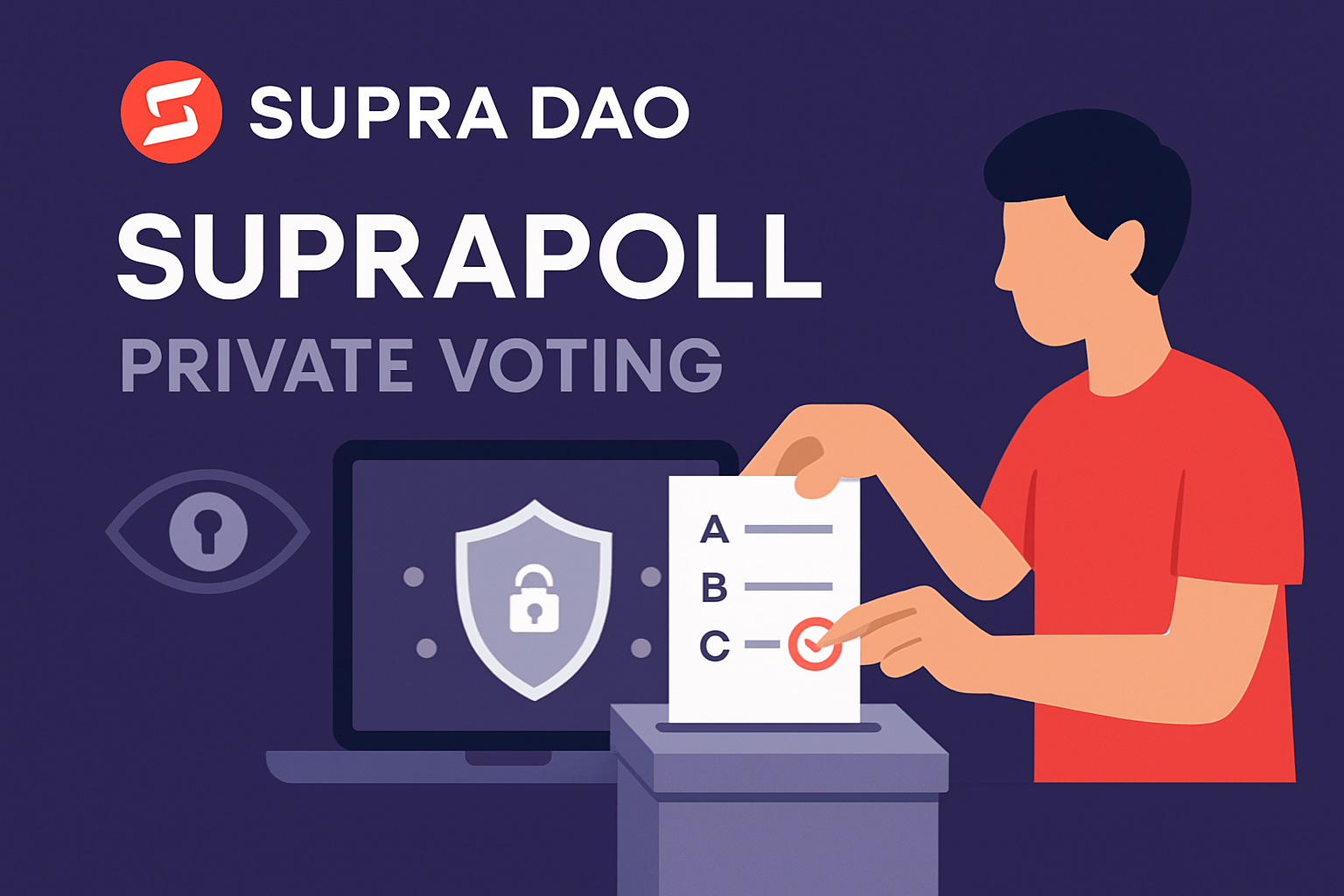
Supra DAO introduced SupraPoll, a private on-chain polling system. SupraPoll keeps individual votes completely private while maintaining verifiable outcomes, enabling more transparent yet confidential governance processes.
Still, challenges remain. Ensuring seamless UX, gas efficiency, and robust cryptographic guarantees are ongoing priorities for teams building these tools. But the direction is clear: as privacy tech matures, we’re likely to see private DAO governance become the norm rather than the exception.
Best Practices for Secure DAO Governance
For DAOs considering this transition, several best practices stand out:
- Educate your members: Clear communication about how confidential voting works builds trust in new systems.
- Choose proven protocols: Opt for solutions with open-source code and peer-reviewed cryptography (such as zk-SNARKs or homomorphic encryption).
- Pilot before scaling: Start with smaller proposals or testnets before rolling out shielded voting to major decisions.
- Audit regularly: Engage third-party auditors to verify both security and verifiability of your chosen platform.
If you want a deeper dive into implementation strategies and technical comparisons, explore our resource on confidential DAO voting technology.
The shift to verifiable DAO voting using advanced cryptography isn’t just an upgrade, it’s a necessary evolution for resilient decentralized communities. Privacy in DAO decision making protects members from manipulation while restoring confidence in collective outcomes. As these tools become easier to adopt and more widely trusted, expect higher participation rates and more authentic representation across the ecosystem.
